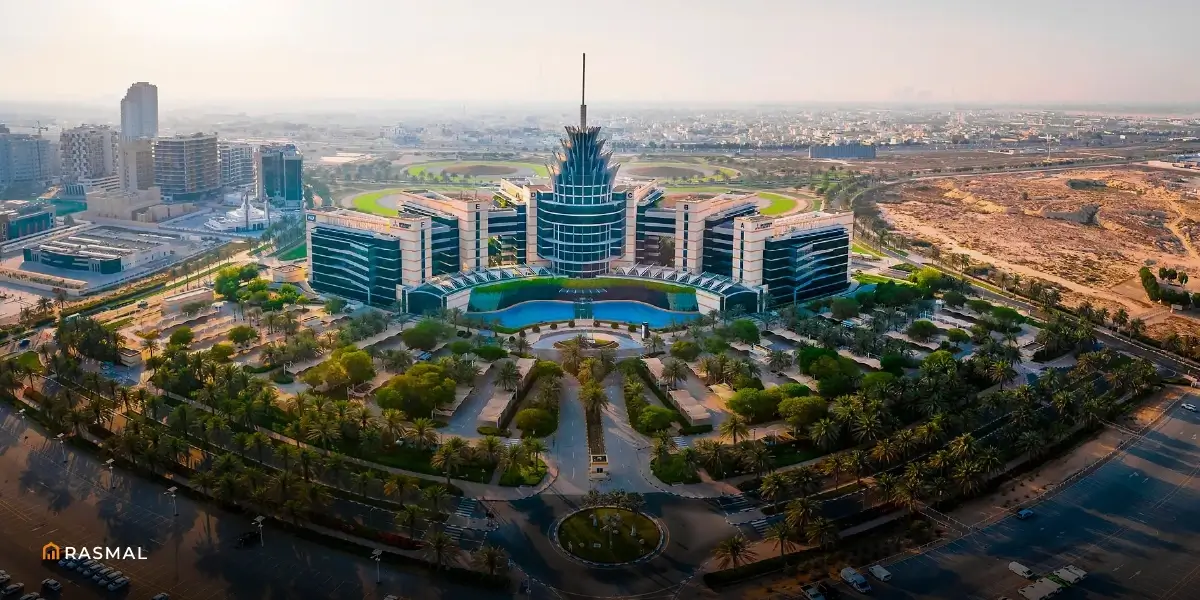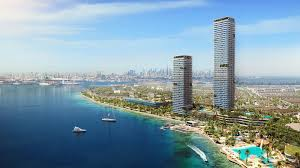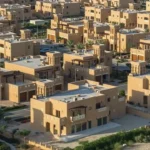Now Reading: UAE Property: Should You Rent or Buy This Year 2025?
-
01
UAE Property: Should You Rent or Buy This Year 2025?
UAE Property: Should You Rent or Buy This Year 2025?
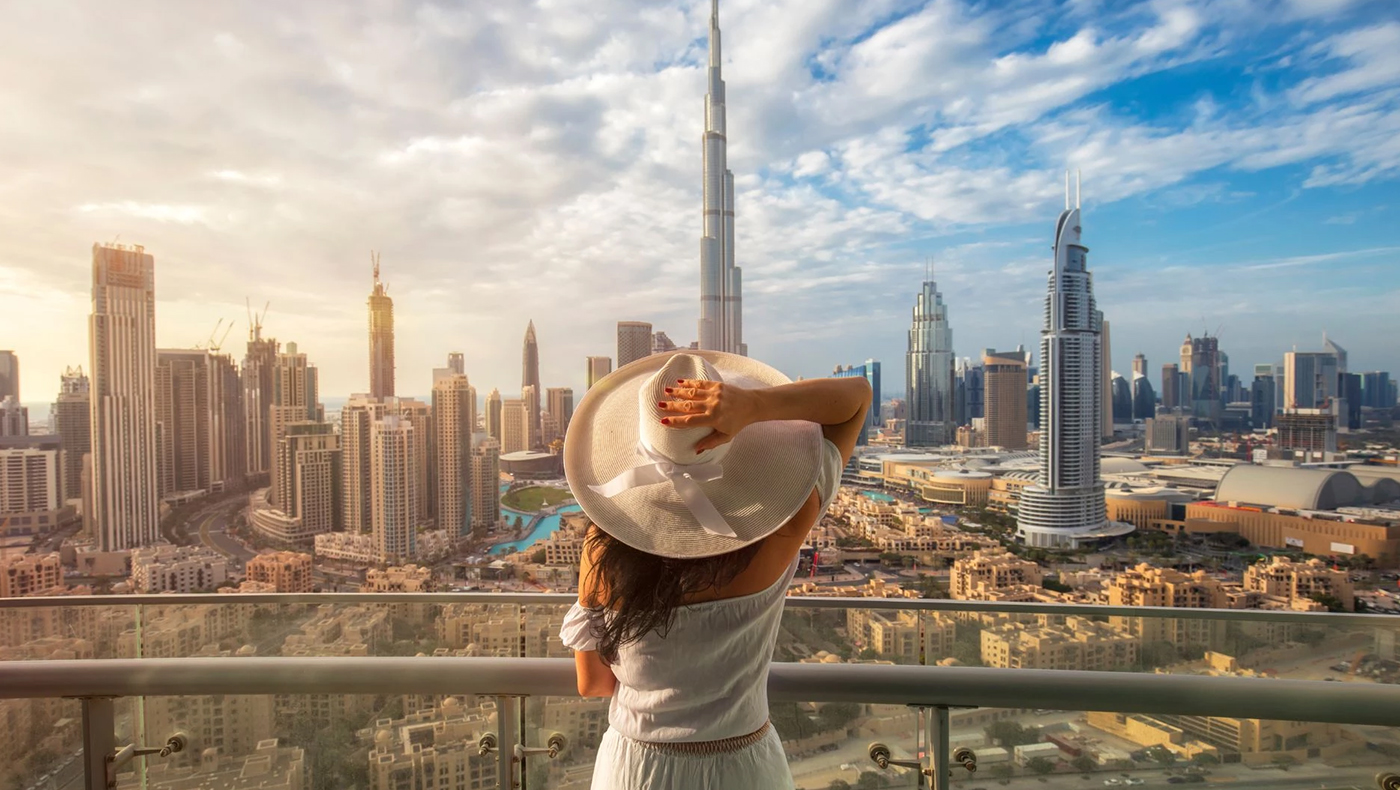
Table of Contents
In recent years, the UAE has seen massive growth in its real estate market, especially in cities like Dubai and Abu Dhabi. But as prices change and new projects continue to rise, many people are asking the same question: should you rent or buy in the UAE today?
This is an important decision. It affects your finances, lifestyle, and long-term future. Let’s explore both options—renting and buying—so you can decide what suits your situation best in 2025.
The Current Real Estate Market in the UAE
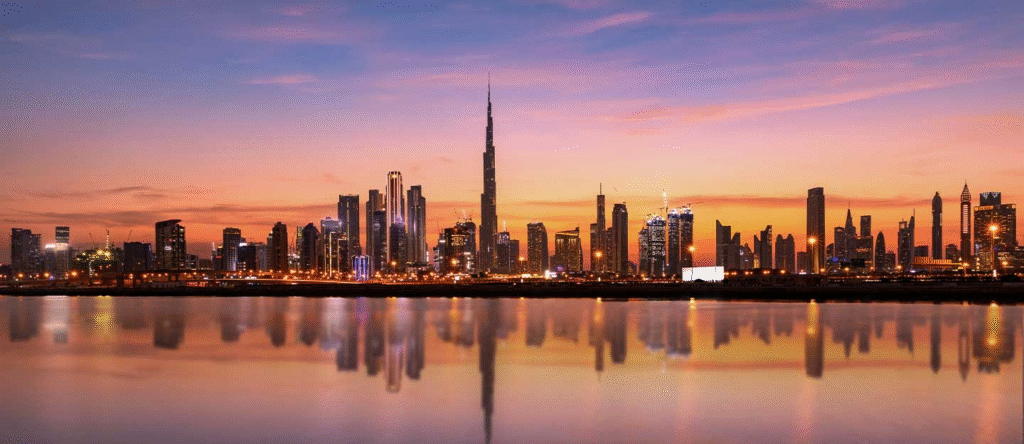
The UAE property market has seen a strong recovery after the COVID-19 pandemic. Dubai, in particular, has reported record-breaking property sales in the last two years. Demand for luxury homes has also increased. But it’s not just the high-end market that’s booming. Affordable housing and mid-range properties are also in demand.
With Expo 2020’s success and more visa reforms supporting foreign ownership and long-term residency, the UAE continues to attract both investors and residents from across the world.
This makes it even more important to think carefully before making a decision—rent or buy?
Renting in the UAE: Pros and Cons
Pros of Renting:
- Flexibility: Renting offers more freedom. You can easily move to a new area or upgrade your home as your needs change. This is great for expats who may not be sure how long they’ll stay in the UAE.
- Lower Upfront Costs: Renting only requires a security deposit and maybe a few months of rent in advance. You don’t need to pay for a down payment, mortgage fees, or property taxes.
- No Maintenance Stress: Most rented properties come with maintenance covered by the landlord or property management.
Cons of Renting:
- No Ownership Benefits: Rent payments do not build equity. Once you stop paying rent, you have no long-term investment.
- Annual Increases: Rents can go up each year, especially in popular areas. The Dubai Land Department allows certain increases based on the RERA index.
- Less Control: You can’t make big changes to the property, and lease renewals depend on the landlord’s decision.
Renting is a good option for those who want short-term convenience, have limited savings, or prefer not to commit to one place.
Buying in the UAE: Pros and Cons
Pros of Buying:
- Asset Building: When you buy, you’re investing in a physical asset. Over time, the value may increase and you can gain profit if you decide to sell.
- Stable Monthly Costs: Mortgage payments are often fixed, especially with a fixed-rate loan. You don’t have to worry about annual rent hikes.
- Freedom to Personalize: Owners can renovate, decorate, or redesign the home as they like. It becomes truly your space.
Cons of Buying:
- High Initial Costs: A down payment (usually 20% of the property value for expats), registration fees, agent commissions, and mortgage arrangement fees can add up.
- Long-Term Commitment: Owning a home ties you down to a location and can limit job flexibility or quick relocation.
- Responsibility for Maintenance: You’ll need to handle and pay for any repairs, renovations, or ongoing maintenance.
Buying is best for those who plan to stay in the UAE for several years, have stable income, and want to grow their wealth through property.
Financial Comparison: Renting vs Buying
Let’s look at an example. Suppose you are interested in a 2-bedroom apartment in Dubai Marina:
- Rental Cost: AED 120,000 per year
- Buying Cost: AED 1.5 million
- Down Payment (20%): AED 300,000
- Annual Mortgage (Approximate): AED 60,000 to 70,000 for 25 years (varies with interest rates)
At first, renting seems cheaper. But over 5-10 years, mortgage payments may work out lower than rent. Plus, in the end, you own the property—while with rent, you’ve spent hundreds of thousands with nothing in return.
Still, you must factor in property fees, service charges, maintenance, and insurance if you buy.
Who Should Rent?
- Young professionals or new expats unsure about their future in UAE
- People with short-term work contracts
- Those who prefer lifestyle flexibility
- Individuals not ready for a large upfront investment
Who Should Buy?
- Families planning to stay for 5+ years
- Long-term residents looking for stability
- Investors looking for rental income or capital appreciation
- Anyone eligible for the UAE Golden Visa through property investment
New Government Policies Encouraging Buying
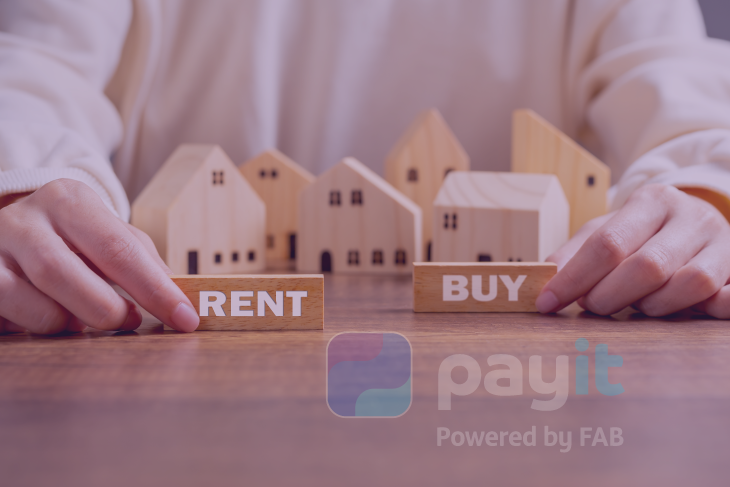
The UAE government has introduced several initiatives to make property buying more attractive:
- Golden Visa for Investors: Buy a property worth AED 2 million or more and qualify for a 10-year residency visa.
- Lower Mortgage Rates: With strong banking regulations and healthy competition, home loans are more accessible now.
- 100% Foreign Ownership in Free Zones: Expats can now fully own property in designated zones, increasing confidence in long-term investments.
These policies are designed to turn renters into owners and help grow the real estate market sustainably.
Final Thoughts: What Makes More Sense Today?
The answer depends on your personal situation. If you are new to the UAE, unsure about staying long-term, or want to avoid commitment, renting is the better choice. But if you have a stable job, plan to stay, and can afford the upfront costs, buying could save money and build wealth over time.
In 2025, with the UAE’s growing economy, strong property laws, and investor-friendly policies, buying a property is becoming more attractive than ever. Still, it’s important to do your homework, compare costs, and consult a real estate expert before making the leap.
Whether you rent or buy, make sure it’s the right fit for your lifestyle and future goals.
Read More:- Why Smaller Lawns Are Smarter: Save Water and Money Fast 2025



